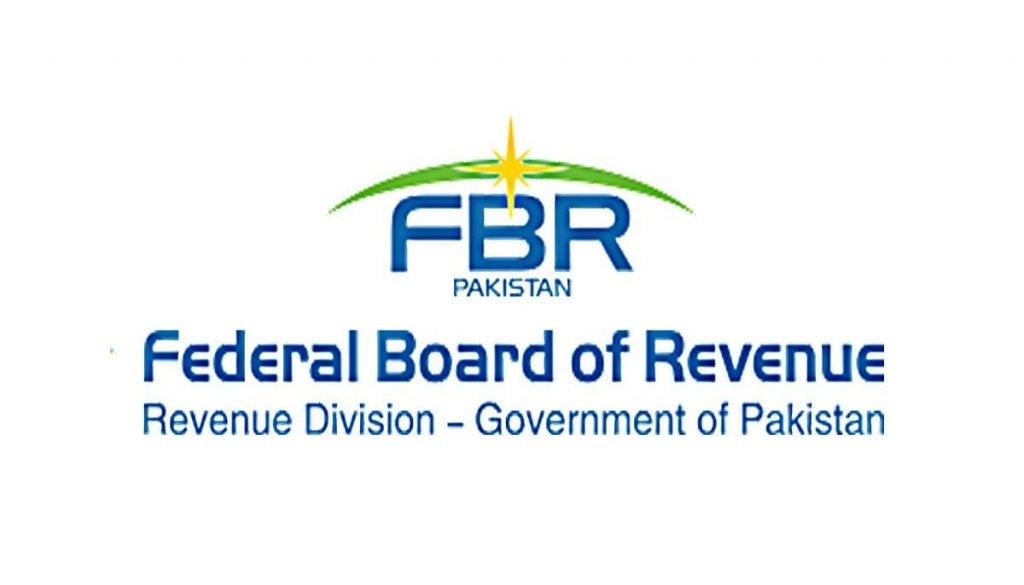The Income Tax Ordinance 2001 has clearly laid down the condition that the name of the late filer of income tax return would appear in the ‘active taxpayers list’ only after payment of surcharge of Rs. 20,000 for companies; Rs 10,000 for association of persons (AOPs) and Rs 1,000 for individuals.
This condition has been mentioned in section 182A (return not filed within due date) of the Income Tax Ordinance 2001.
Tax experts told Propakistani that the law is very clear on the issue and the non-filers and late filers must take guidance from tax advisers and consultants before filing returns after the due date to avoid complications. The late filing of returns after December 8, 2020 (due date) is only one part of the law. The law says that late filers have to pay a surcharge under section 182A (return not filed within due date) of the Income Tax Ordinance 2001 for appearing on the ATL.
“Unless and until the conditions of the law are not met, the system of the FBR would not allow to include late filers’ names on the ATL. Thus, the late filer must deposit the surcharge in the bank for the fulfillment of the conditions of the law and enjoy the lower rates of withholding taxes on different transactions,” he said.
For example, the law says that the penalty for not timely submitting a wealth statement or wealth reconciliation statement is Rs. 100,000. In most cases, people file returns and pay Rs. 1000 for including in the ATL, but they are unaware that the FBR can anytime impose a penalty of Rs. 100,000 on late filers. The persons who filed returns after the due date of December 8, 2020, must know that the FBR can anytime invoke the provisions of the law to issue notice for recovery of Rs. 100,000 from late filers of wealth statements.
Tax experts, tax advisers, tax lawyers, and tax consultants must guide the late filers that the story would not end after payment of Rs 1,000 for coming on the ATL. The FBR has the legal power to impose a penalty of Rs. 100,000 on late filers of wealth statements under section 182 (offenses and penalties) of the Income Tax Ordinance 2001.
Under section 182A of the Income Tax Ordinance 2001, where a person fails to file a return of income under section 114 by the due date as specified in section 118 or by the date as extended by the Board under section 214A or extended by the Commissioner under section 119, as the case may be, such person shall not be included in the active taxpayers’ list for the year for which return was not filed within the due date.
The person shall be included in the active taxpayer ‘ list on filing returns after the due date if the person pays a surcharge of Rs. 20,000 in case of a company; Rs. 10,000 in case of an association of persons and Rs. 1000 in the case of an individual.
Explanation—For the removal of doubt it is clarified that the provisions of this section shall apply from the tax year 2018 and onwards for which the first Active Taxpayers List is to be issued on the first day of March 2019 under Income Tax Rules, 2002 and not be allowed, for that tax year, to carry forward any loss under Part VIII of Chapter IV and not be issued refund during the period the person is not included in the active taxpayers’ list and not be entitled to additional payment for delayed refund under section 171 and the period the person is not included in the active taxpayers’ list, shall not be counted for computation of additional payment for delayed refund.
Where a person fails to furnish or update a taxpayer’s profile within the due date or time period specified in sub-section (3) of section 114A or within the date as extended by the Board under section 214A, such person shall not be included in the active taxpayers’ list for the latest tax year ending prior to the aforesaid due date or extended date: Provided that without prejudice to any other liability under this Ordinance, such person shall be included in the active taxpayers’ list upon filing the taxpayer’s profile after the due date or extended date, if the person pays surcharge at— Rs. 20,000 in case of a company; Rs. 10,000 in case of an association of persons and Rs. 1000 in the case of an individual.
Courtesy: Pro Pakistani

